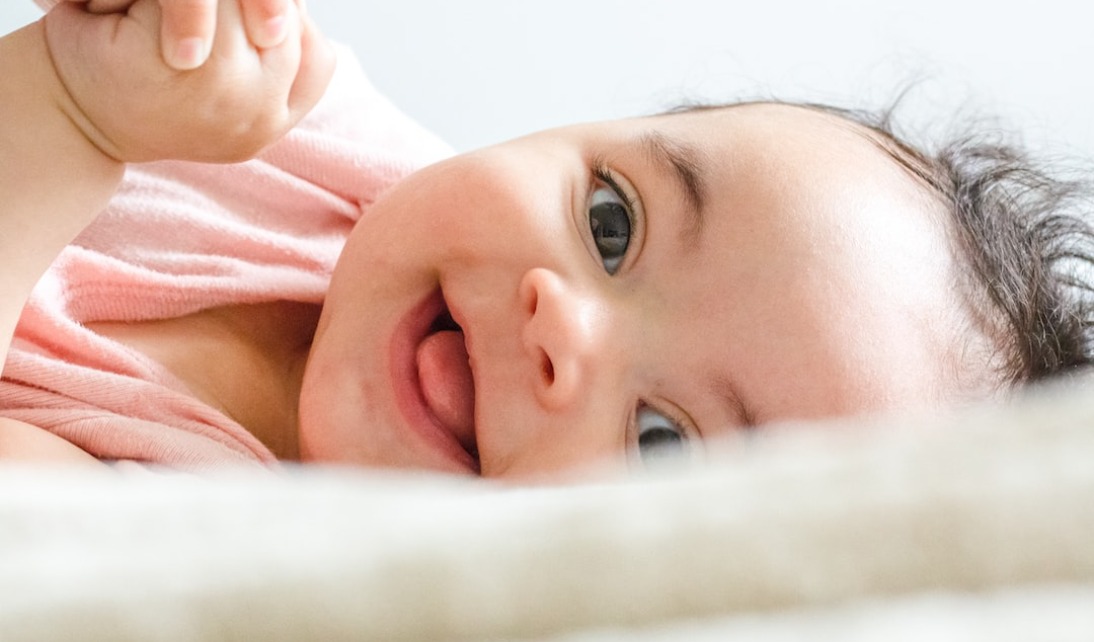The Language of Love: Understanding When Babies Start Smiling
In the magical journey of parenthood, there are few moments more heartwarming than the sight of your baby’s first smile. As parents eagerly await this milestone, it’s natural to wonder when it will happen and what it signifies in their baby’s development. In this article, we’ll explore the fascinating world of baby smiles, from when they typically emerge to how parents can encourage and nurture these precious expressions of joy.
The Dawn of Delight: When Do Babies Start Smiling?
Babies typically begin smiling in response to stimuli, such as seeing a familiar face or hearing a soothing voice, around 6 to 8 weeks of age. This milestone, known as the emergence of social smiles, marks an important stage in a baby’s social and emotional development.
Understanding the Development of Smiles:
- Newborn smiles: In the first few weeks of life, babies may exhibit reflex smiles, which are spontaneous facial movements that aren’t necessarily linked to emotions. These reflex smiles often occur while the baby is sleeping and are not in response to external stimuli.
- Social smiles: Around 6 to 8 weeks of age, babies start to produce social smiles, genuine smiles in response to interactions with caregivers or other stimuli in their environment. These smiles are a significant milestone, signaling the baby’s growing ability to engage and communicate with others.
Encouraging Baby’s Smiles:
- Create positive interactions: Spend quality time engaging with your baby through eye contact, talking, and gentle touch. Respond to their cues and expressions with warmth and enthusiasm to create a nurturing and supportive environment.
- Play and interact: Engage your baby in playful interactions, such as making funny faces, singing songs, or playing peek-a-boo. These activities can stimulate your baby’s senses and encourage them to respond with smiles and laughter.
- Be patient and responsive: Every baby develops at their own pace, so be patient and responsive to your baby’s individual cues and signals. Allow them the time and space to develop their social and emotional skills, celebrating each new milestone along the way.
- Seek medical advice if concerned: If your baby hasn’t started smiling by around 3 months of age, or if you have concerns about their social and emotional development, discuss them with your pediatrician during a regular check-up.
- The emergence of a baby’s smile is a precious and heartwarming moment that brings immeasurable joy to parents’ hearts. By understanding when babies typically start smiling and how to encourage positive interactions, parents can foster a nurturing environment that supports their baby’s social and emotional development. So, cherish those first smiles and relish in the special bond that grows between you and your little one with each smile shared.


